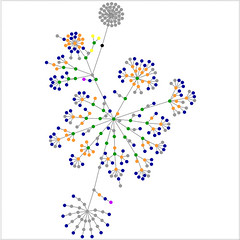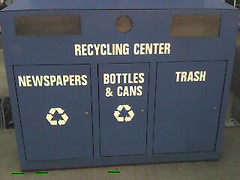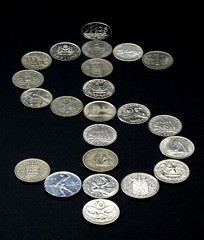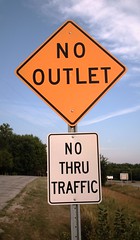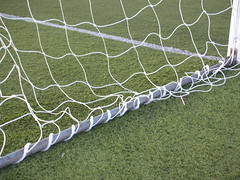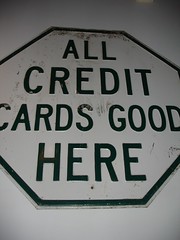One of the best ways of sticking to your goal is to tell the people around you what you are doing. In my case, my goal is to Retire at 40. In your case, you might want to be Frugal, blog away debt or get money smart.
There are a myriad of reasons why telling people about your goal helps. For now though, I'm going to talk about just three.
1. EncouragementMost of the time you tell people about something you're doing, they are generally encouraging. Many times they probably think you're a bit weird but wish you happy thoughts anyway. Sometimes you will be berated, knocked and told you're completely mad. Luckily, this last set of people is pretty rare though it does happen. As Peter Jones (the highly successful entrepreneur) says in 'Tycoon':
Find people who are passionate about your idea. If your idea is in the musical-instrument market, go and speak to people who are passionate about playing the guitar. [snip]
And the same goes for you and your goal, whatever it is. Find other people who are also passionate about what you are doing, that way, you can lean on each other and help each other out. I've already spoken to a number of people who seem very enthralled to my idea of retiring at 40 and from those people I have already had good luck wishes and smiles.
2. Having a Similar SituationI had two examples today of where this either helps or it doesn't. In the first case where I hadn't told my friends what my goal was, I ended up buying lunch when in fact, I already had stuff for lunch at home. The suggestion was made to go out for food but for some reason I figured it was easier to say yes than to start the whole explanation of why my lunch at home will help me reach my goal.
In the second example, my friend asked if I would like to join them at a nice restaurant for food in the evening. I replied "I've already got my tea at home" (Teriyaki Chicken, and very nice it was too). He knows my goals the aim to mainly eat at home (especially if it's already planned) and he asked no questions of it. It was both easier and it saved me money - even though I would have loved to have gone.
So hanging around with people who have similar goals and ideas to yours means you probably end up getting long better and saving money in the process. I reckon that works very well indeed.
3. Sharing Ideas
Again, after telling people of my new goal, the first or second thing people would say is something along the lines of "You should try my
Almost immediately, you have a number of new tips you can work on or just store for future reference. And again, that person may be a source for new information at any time. Of course, it's reciprocal whereby you can tell your tips to your network of family and friends and that way, everyone gets something out of it.
Just Try It and Tell PeopleYou never know, you might unearth a stronger relationship, a bucketload of money saving tips or even just the odd "Keep Going" comments every now and again. Remember, it's like running a marathon, you need as much encouragement as you can get since you're in it for the long haul. Even better if you're in it with someone else too.
